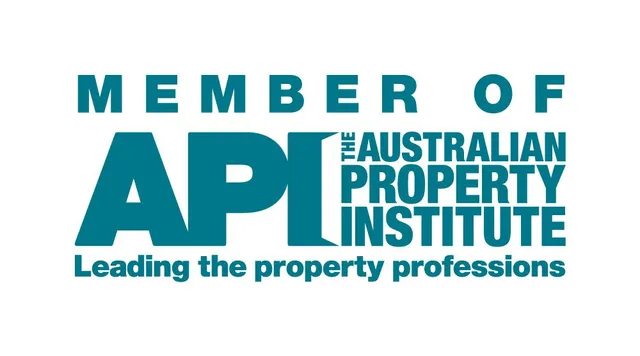Is the Australian economy really failing?
3 March 2016
News headlines might be convincing in predicting a struggling Australian economy, but it's just not the case. Let's have a closer look at what is happening. The post Is the Australian economy really failing? appeared first on Aspect Buyer's Agency.

What does it mean for property markets?
There has been a lot of noise in the News lately about expectant doom and gloom and to get ready for the end of life as we know it.
True, there have been a couple of big failures in the business world recently, most noticeably Dick Smith and Masters, others include the Australian car manufacturing industry ceasing production on our shores. Even this morning, it was announced that Nathan Tinkler, the one time billionaire from Newcastle, has filed for bankruptcy.
Unemployment has risen to 6%, foreign economic commentators predict a 30% – 50% reduction in Australian real estate prices, and informative current affairs programs are producing stories showing evidence of property markets that have already dropped 50% in value.
No wonder the market is jittery.
Don’t just read the headlines and assume you know the story. If you have a good understanding of why the above mentioned events happened and look at broader economic activity, the Australian economy and its property markets are still chugging along just fine. Ok, sure we are not breaking any records, but interest rates have remained on hold at 2.0% cash rate, with no prediction as to when they will increase, annual inflation is low and very manageable and economic growth is still positive.
In short, Dick Smith stores went broke because of creative accounting that saw Woolworths sell the chain for approximately $93 million, to a private equity fund who floated it for $500 million, which ultimately led to its demise. Sales were still going well, just a poor business model. Masters, grew too quickly, sales weren’t there to justify the outlay, and the business model lost support. Most car industries around the world are subsidized, but as the Australian government decided not to continue the subsidy, an inefficient industry will be no longer. Nathan Tinkler is bankrupt not broke, there is a difference.
Fundamentally, the economy is still holding its own, and in turn, the Australian Property markets will also continue to hold value.
There will always be stories of individual suburbs or owners who have had a drastic failure or great success, but these are exceptions, and that is why they make the news.
Real Estate is a long term investment, picking the right essentials of the location and the asset will give you long term value growth and rental income for investment. There will always be hotspots, but often, I feel, hotspots are self-fulfilling prophecies; in that once a market has moved well, it becomes a hot spot. Then everyone talks about it and invests in the area, and it becomes the best thing since sliced bread as the values continue to grow. Until, of course, what made it lucrative in the first place begins to shift. Like, the yield decreases, there’s a reduction in the need for rentals, or the adjoining town or suburb now looks cheap in comparison. If you really study the data, you see where these “forgotten” suburbs are hidden.
Auction clearance rates in Sydney are back up after the Christmas slow down, and values appear to be holding. They may not be growing at 10% pa, but at something more realistic and sustainable. Most lending institutions have now adjusted their lending criteria to limit their exposure to risk and lending money to investors who are too heavily geared, helping to take some of the heat out of the frenzy that was Sydney through most of 2015.
More pressure is being put into the property markets as the share markets are showing instability and varying fluctuations, some shares more than others. There is often a shift of capital from shares to property and as the interest rates are low this is suppressing yields, particularly on quality commercial and industrial investments.
The outlook for 2016 property market is for a sustainable platform for investment which will show good long term rewards. The affordability issue is based on personal expectations, and making choices about living and investing within your means. Yes, real estate is expensive, particularly in capital cities. If you do your research and understand what you are buying, there are still the opportunities to acquire properties for under $200,000. No, they are not in Mosman or Bondi, but making investment choices based on the reality of your income and not on the emotions of how you would like to live can see you enter the property market much sooner and with a lot less money then you think.
Happy investing for 2016.


